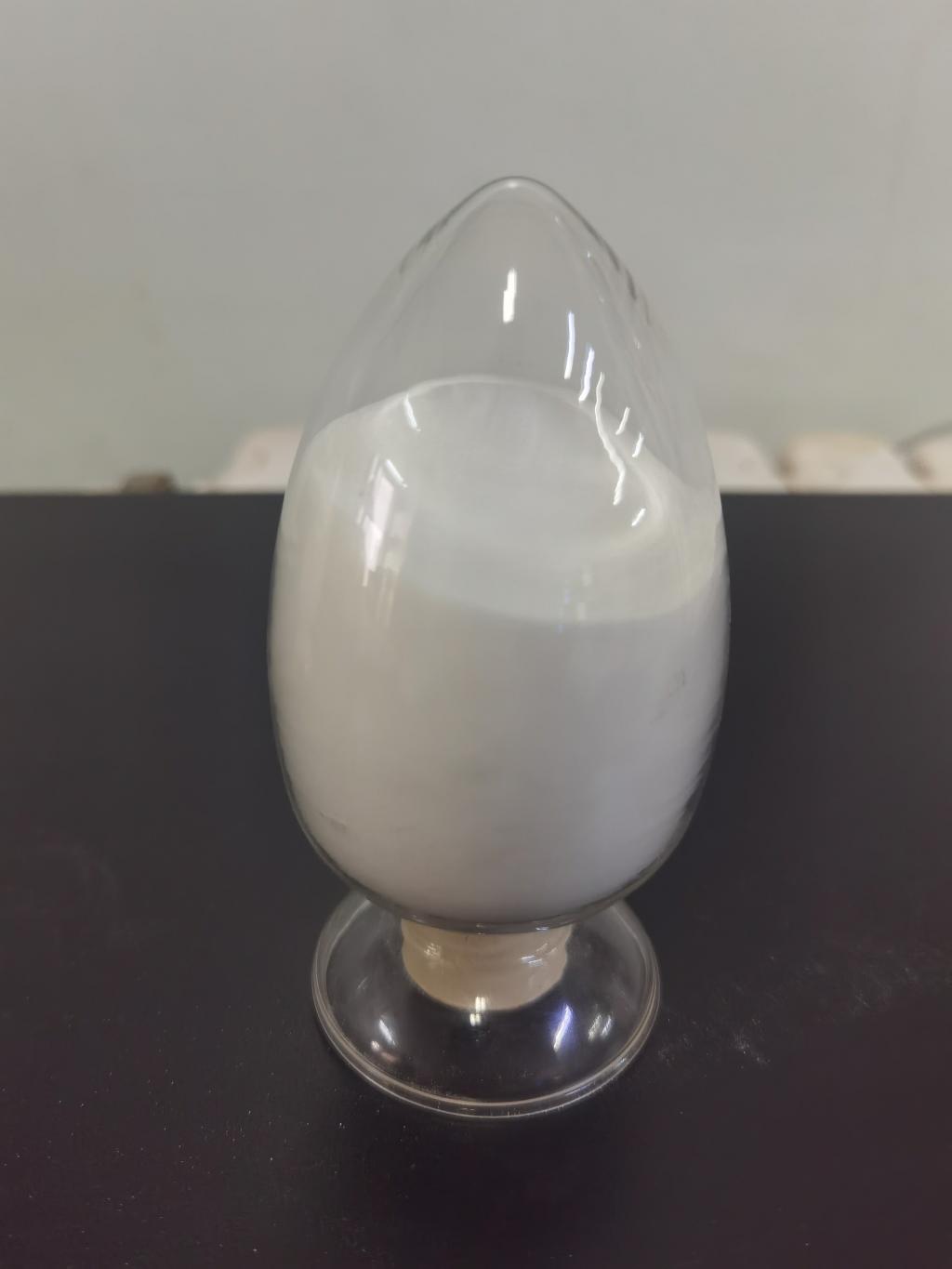Tel:+8618231198596

News
 CONTACT
CONTACT
 CONTACT
CONTACT
- Linkman:Linda Yao
- Tel: +8618231198596
- Email:linda.yao@dcpharma.cn
- Linkman:CHARLES.WANG
- Department:Overseas
- Tel: 0086 0311-85537378 0086 0311-85539701
News
Current Position:
Home >
News
>ε-Polylysine Hydrochloride Navigating the Landscape of Food Safety Education.
ε-Polylysine Hydrochloride Navigating the Landscape of Food Safety Education.
TIME:2023-11-08
Understanding ε-Polylysine Hydrochloride
1.1 Origins
ε-Polylysine is a naturally occurring antimicrobial compound produced through the fermentation process of specific Streptomyces strains. It was first identified in Japan in the 1960s and has since been utilized as a natural preservative in various applications, including the food industry.
1.2 Molecular Structure
ε-Polylysine is a peptide composed of multiple L-lysine residues linked together. Its molecular structure features a long chain of positively charged amino acids. This unique structure contributes to its antimicrobial properties, allowing it to interact with microbial cell membranes and disrupt their integrity.
Antimicrobial Properties of ε-Polylysine Hydrochloride
The primary function of ε-polylysine hydrochloride is to inhibit the growth of microorganisms, particularly bacteria, which is essential for ensuring food safety:
2.1 Broad-Spectrum Activity
ε-Polylysine hydrochloride exhibits broad-spectrum antimicrobial activity, making it effective against various microorganisms, including both Gram-positive and some Gram-negative bacteria. This versatility enables it to address multiple threats to food safety.
2.2 Cell Membrane Disruption
A key mechanism of ε-polylysine hydrochloride's antimicrobial action is its ability to disrupt microbial cell membranes. It interacts with the negatively charged components of the cell membrane, leading to membrane damage, leakage of cellular contents, and ultimately, cell death.
2.3 Bactericidal Action
ε-Polylysine hydrochloride acts as a bactericide, meaning it kills bacteria rather than merely inhibiting their growth. This bactericidal action is essential in preventing the proliferation of pathogenic bacteria that can cause foodborne illnesses.
2.4 Synergistic Effects
ε-Polylysine hydrochloride can work synergistically with other preservation methods, such as heat treatments and low pH levels. These combinations enhance its antimicrobial effectiveness, providing additional layers of protection against microbial contamination.
Applications in Food Safety Education
Food safety education is a fundamental aspect of ensuring the safe handling, preparation, and consumption of food products. ε-Polylysine hydrochloride plays a critical role in food safety education by providing real-world examples and practical applications of microbial control:
3.1 Transparency in Labeling
Clear and transparent labeling is essential for food safety education. When ε-polylysine hydrochloride is used as a natural preservative in food products, manufacturers are required to list it on the ingredient label. This provides consumers with the opportunity to identify and learn about this natural antimicrobial agent.
3.2 Consumer Inquiry
Seeing ε-polylysine hydrochloride on the ingredient label can spark consumers' curiosity. Many consumers seek information about unfamiliar ingredients in their food. They may engage in research, read product labels, or seek out educational resources to better understand the role of ε-polylysine hydrochloride in food safety.
3.3 Public Awareness Campaigns
Food safety education often involves public awareness campaigns initiated by industry stakeholders, regulatory authorities, and consumer advocacy groups. These campaigns may focus on specific food safety topics, including the use of antimicrobial agents like ε-polylysine hydrochloride in food products to ensure safety.
Public Awareness and Its Impact
Enhancing public awareness about food safety is crucial for promoting informed consumer choices and ultimately reducing foodborne illnesses. Public awareness can lead to the following benefits:
4.1 Informed Consumer Choices
A well-informed consumer is more likely to make safe and educated food choices. Public awareness about food safety and the role of antimicrobial agents like ε-polylysine hydrochloride empowers consumers to choose products that prioritize safety and quality.
4.2 Greater Demand for Safe Food
A heightened awareness of food safety issues can drive consumer demand for safer food products. This demand can incentivize food manufacturers to prioritize food safety measures and adopt natural antimicrobial agents in their products.
4.3 Reduced Foodborne Illnesses
Education and awareness can contribute to a reduction in foodborne illnesses. Consumers who are aware of food safety risks are more likely to handle and prepare food safely, reducing the risk of contamination.
4.4 Trust in the Food Industry
Transparency and education in the food industry foster consumer trust. Public awareness of the industry's commitment to safety and quality, including the use of antimicrobial agents like ε-polylysine hydrochloride, can strengthen this trust.
Conclusion
ε-Polylysine hydrochloride, a natural antimicrobial agent, is a valuable tool in food safety education and enhancing public awareness. Its antimicrobial properties, natural origin, and synergistic potential make it a versatile ingredient for ensuring food safety. The inclusion of ε-polylysine hydrochloride in food products, along with clear and transparent labeling, enhances consumer awareness of food safety issues and the role of antimicrobial agents.
Public awareness about food safety contributes to informed consumer choices, a greater demand for safe food products, reduced foodborne illnesses, and increased trust in the food industry. As the food industry continues to prioritize food safety and regulatory compliance, ε-polylysine hydrochloride stands as a symbol of commitment to food safety education and a safer and more informed food environment.
- Tel:+8618231198596
- Whatsapp:18231198596
- Chat With Skype







